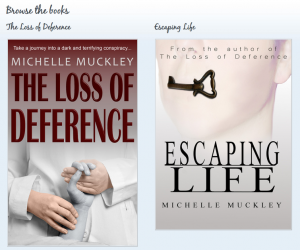
So what about books? I might buy the occasional book, but the last seven that I read were all on the Kindle and all self published, and the only time I went near the bookshelf lately was to dust it. So in a world where we are craving our information and our products instantly, the question for a writer like me is this. Is traditional publishing and the way we used to purchase our books dead?
According to one online source, yes. They even reliably informed me of a date, and for your information it happened sometime in 2008, just in case you missed it. I however am not so sure. When I go to the local shop there are plenty of books. When I go to the beach, there are plenty of people reading books too, and I mean paperback ones that trap grains of sand and that by the time you get back home emit the smell of coconut sun lotion and spilt mojito. I am also guilty of worshipping at the feet of the literary agent when I finished my first manuscript. I eagerly got myself a copy of the Writers and Artists yearbook 2008 and duly sent the ‘finished’ work to as many people as I could. They sent it back too, along with a rejection letter which at first hurt like hell, but by the time I had read the twentieth didn’t sting quite so much and at least made me re-edit. Now on reflection I thank the anonymous agents for the nudge in the right direction, but at the time all I wanted was their approval. But in their defense it was 2009. Traditional publishing was already dead, apparently.
So why are so many people claiming that the world of traditional publishing is over? Well, for starters there are a lot of self published writers that seem to believe that publishing the traditional route is too elusive. Maybe even a bit pretentious. Plus they have finished their manuscript, so it must be ready for publication, right? Of the hundreds of manuscripts that arrive on an agents desk only a few will be read properly, and out of those even less will get picked for reading by ‘a higher power’. Where does that leave hundreds of writers who want to be published? Ten years ago it left them on the doorstep with sore knuckles and a head full of broken dreams with their only hope self publishing, which at that time was considered almost as bad as remaining unpublished, so that’s exactly how they stayed. Now however it leads us directly to the door of Amazon, or Smashwords where there is no shame in self publication. Many have come to accept that there is quality to be found in the world of indie publishing, and the only people who don’t seem to want to say it out loud are the traditional agents and publishers. As the indie world grows in size and quality, so do the doubts for the need for the traditional gatekeepers that once called all the shots.
It might also be because we see previously well respected traditionally published authors stepping over onto our side of the deal and releasing their own work and representing their own brand. Why in a world where publishing electronically or through print on demand is so easy that you could probably enlist the help of a ten year old, would a writer that stands to sell, let’s say, a million copies of his or her book willingly hand over a significant chunk of the profits to an agent and publisher? Maybe we should ask Amanda Hocking. After all she is a great example of a writer who absolutely and undeniably made it on her own, and now she is happily signing a deal with St Martin’s Press. Why? Probably because it’s a damn sight easier than doing everything yourself. Like it or not, there is also a certain credibility that comes from a traditional deal. It’s like being picked for the school sports team. You get in amongst the ‘elite’ and automatically become more popular. That’s what I was told, anyway.
So my belief is this. The world of publishing has definitely changed. Anyone who thinks it hasn’t is clinging onto outdated ideas, and probably the arms of their editors or agents chair by their finger nails. My other belief is that traditional publishing is still alive. Maybe it’s not quite as healthy or powerful as it once was, but it is still there. I am self published, but would I still love a publishing deal? Probably so, if only to avoid the look of pity on people’s faces when they ask who my publisher is and I tell them me. But also as a self published author who is sitting somewhere amongst the 1,490, 779 books that are currently listed available for the Kindle on Amazon, wouldn’t it be great to have a team behind me to give me that bit of expertise? Traditional and self publishing are never likely to form a symbiotic relationship, but one day may live alongside each under with a greater degree of affability. In the meantime perhaps as authors we can find commonalities in our gratitude that the love of the written word still exists. It is cherished by many, and as long as that remains true any decent author stands a chance. On their own or published traditionally. I’m happy to take my shot in whatever form is available to me.
Get an Editorial Review | Get Amazon Sales & Reviews | Get Edited | Get Beta Readers | Enter the SPR Book Awards | Other Marketing Services


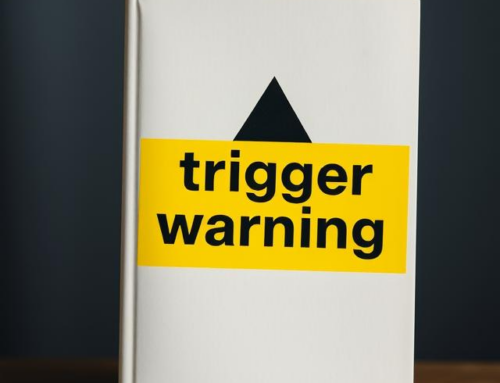
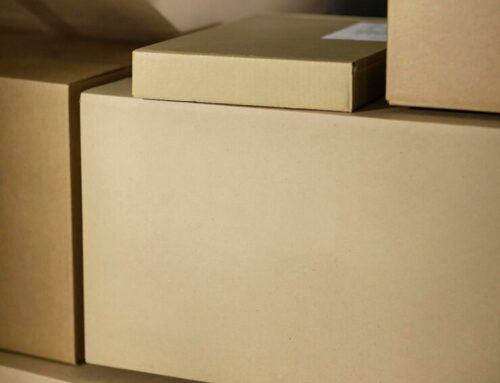
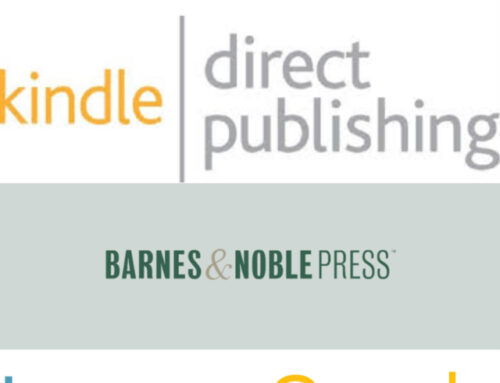
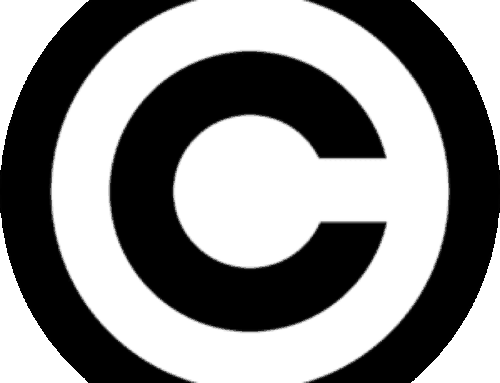

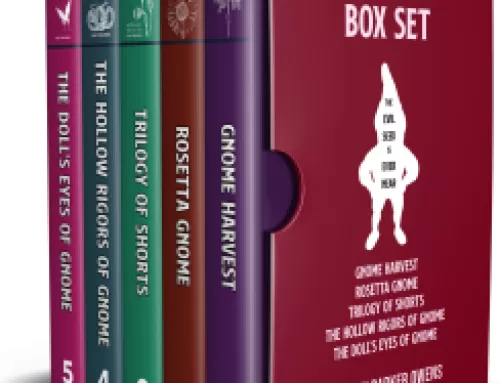
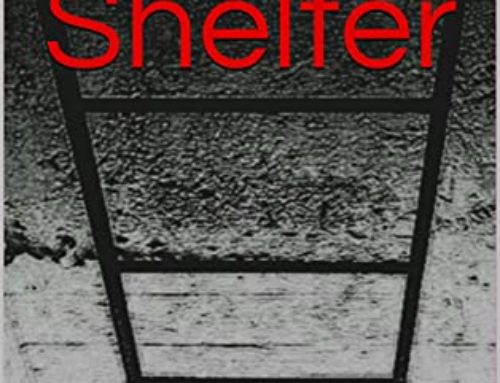
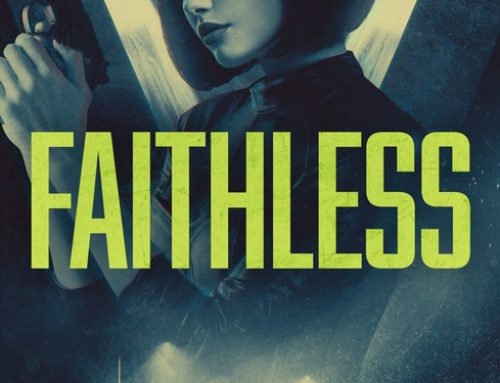
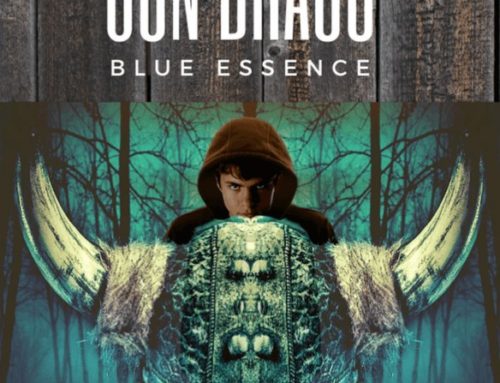

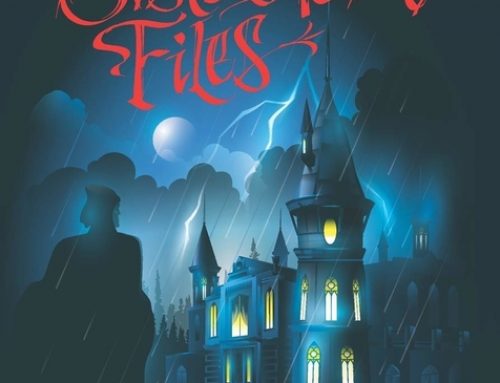


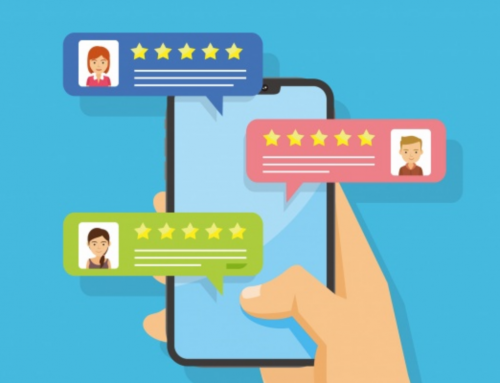
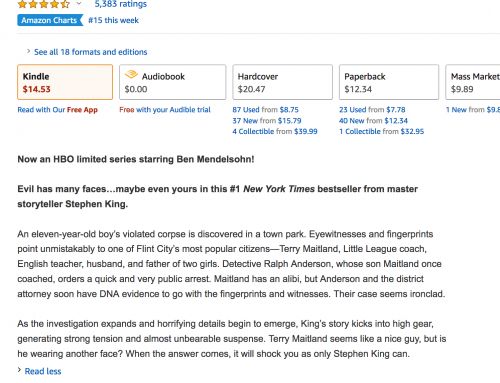
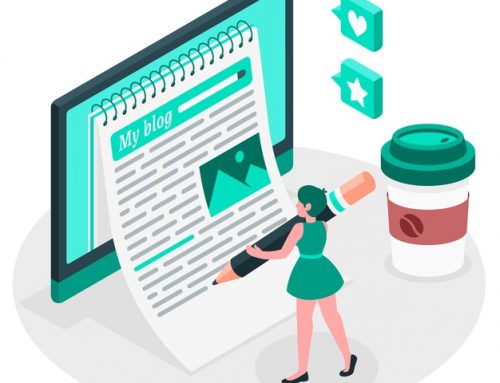

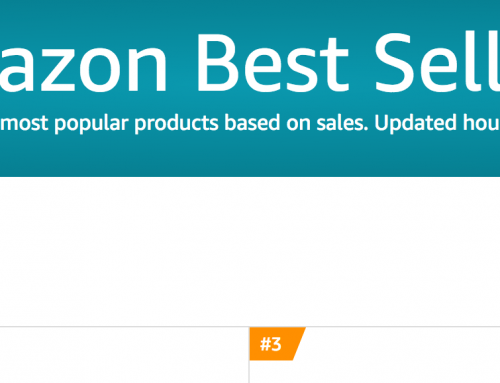
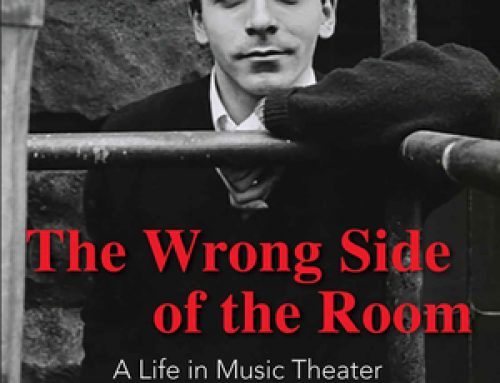
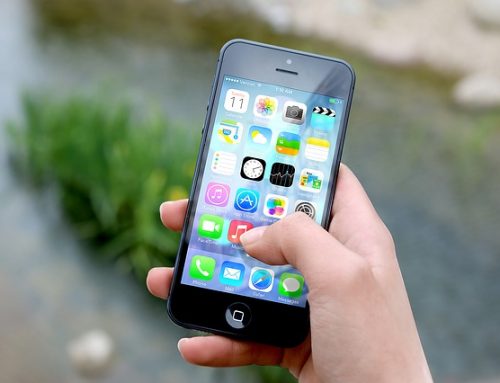
Leave A Comment